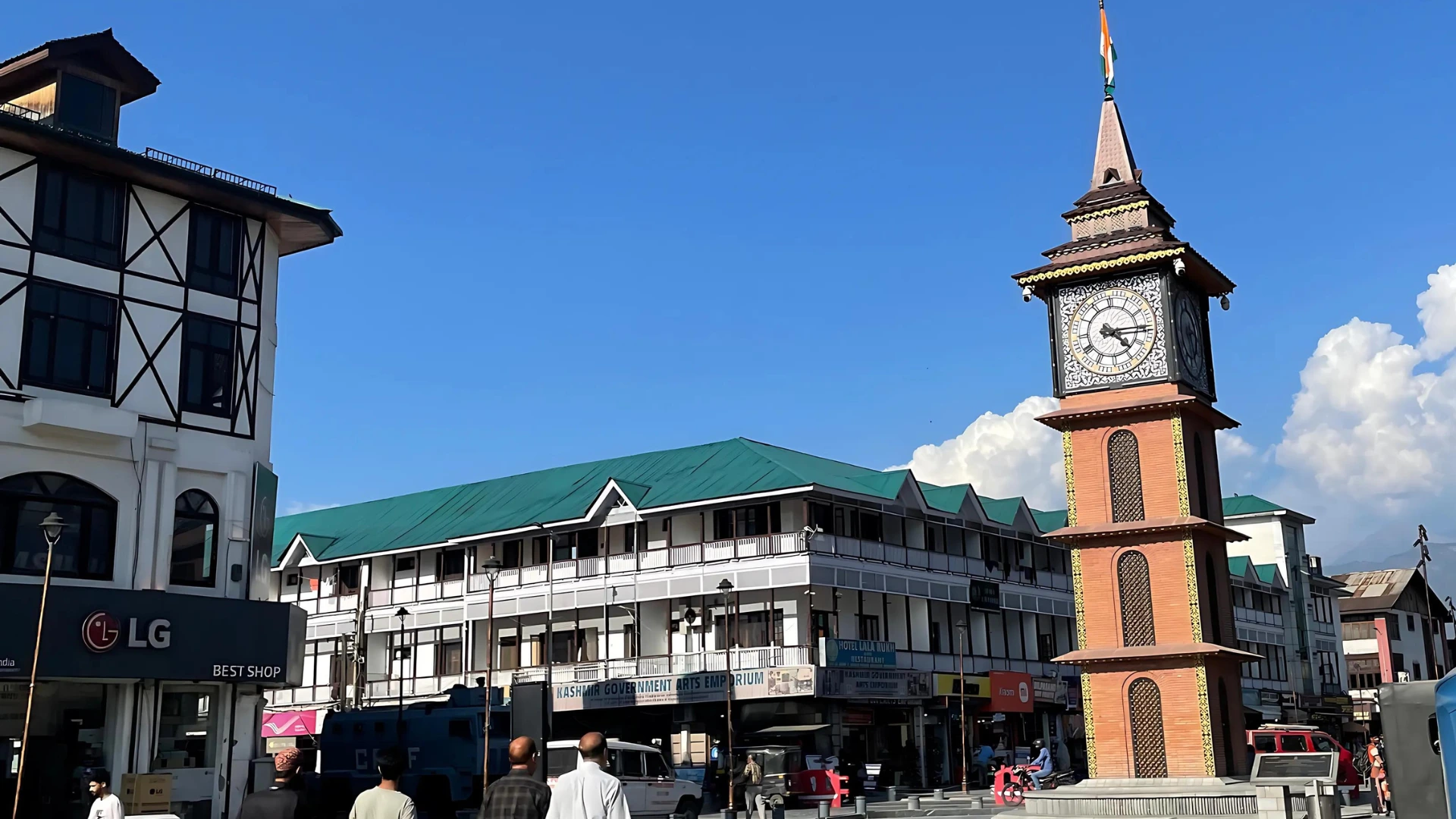As Jammu and Kashmir prepares for its first Legislative Assembly elections since the abrogation of Article 370, set to take place between September 18 and October 1, 2024, the region finds itself at a crucial juncture. This election marks the first since the state’s special status was revoked and its statehood dissolved in 2019. The election, which will be held in three phases, will see the participation of 7,74,462 registered voters, of which women slightly outnumber men. As the territory navigates its new identity as a union territory, many in the region are calling for change—none more so than the women of Kashmir.
Since the revocation of Article 370 and the formation of the union territories of Jammu and Kashmir and Ladakh, the region has witnessed a slow but steady shift in political and social dynamics. While the previous assembly elections in 2014 resulted in a coalition government between the Jammu and Kashmir Peoples Democratic Party (PDP) and the Bharatiya Janata Party (BJP), this time the stakes feel even higher for local residents, particularly women.
In Srinagar, where women voters now outnumber men in eight of the city’s Assembly segments, expectations for the upcoming elections run high. Speaking with women residents, one common theme emerges—basic infrastructure and job opportunities need urgent attention.
READ MORE: Modi 3.0 Hits Milestone: 100 Days Of Progress And New Initiatives
Voices from the Ground: Women Speak Out
Mrs Neelofar Arif, a resident of Sonwar, Srinagar who has been residing in J&K for 45 years now said, “The first priority for me is jobs for women and youth. We’ve been left behind for too long. The roads here are old—built ages ago with no upgrades. Traffic is a nightmare, and the roads are so narrow that travelling even a short distance takes forever.” She adds that public transportation is inadequate, with few rickshaws and high auto fares. “People are forced to buy cars on loans because we don’t have sufficient public transport. But it’s not just the roads. There are no local job opportunities. If the government starts any project, local people don’t get the contracts—outsiders (non-Kashmiris) end up getting the projects. Who do we vote for now?
Like many other residents, Neelofar feels disconnected from the region’s economic development, which often seems to bypass the local population. “Our children have to leave home to find work,” she says, highlighting the lack of employment prospects for Kashmiri youth.
Shaista Sajad, another female resident from Sonwar Bagh, Srinagar, expressed similar concerns. Shaista said, “See, my expectations for now are better infrastructure, especially in terms of roadways. There is a problem with connectivity here. If I have to go 3 km, it takes me an hour. The population isn’t huge, but the roads are old, some have been here for hundreds of years. While national highways and bypasses have improved, the city’s connectivity is still poor. I also want improved sanitation—it’s a huge problem in Kashmir”.
Shaista’s other major concern is jobs or the lack thereof. “Why don’t we have more offices of big multinational companies here? The situation in Kashmir is much better than it used to be. We have resources, and we have talent. Why can’t we have factories, or MNC offices here, which would create jobs for our youth? That’s what I expect from these elections—a real focus on job creation.”
Kashmir’s Future: What Lies
I attempt to conclude with my own perspective as a Kashmiri Pandit. It’s clear that the region has made some progress, but there is still much that needs to be done. Terrorism, while still a concern, has declined in recent years. But the region’s development remains uneven, with basic necessities like jobs, infrastructure, transportation, and sanitation lacking. Despite being a popular tourist destination, Kashmir doesn’t have adequate cab services, and its roads are in poor condition.
The upcoming elections offer a chance for change. Women voters, in particular, are stepping up and demanding the improvement of everyday life, hoping for a future where their children don’t have to leave home to find work. They seek a future where roads are safe and efficient, public transport is accessible, and local businesses and workers can thrive.
As the people of Kashmir prepare to cast their votes, it is clear that their desires go beyond political rhetoric. They want tangible, real-world improvements in their day-to-day lives—jobs, infrastructure, peace, and harmony. The upcoming elections will show whether the candidates are willing to listen.
















